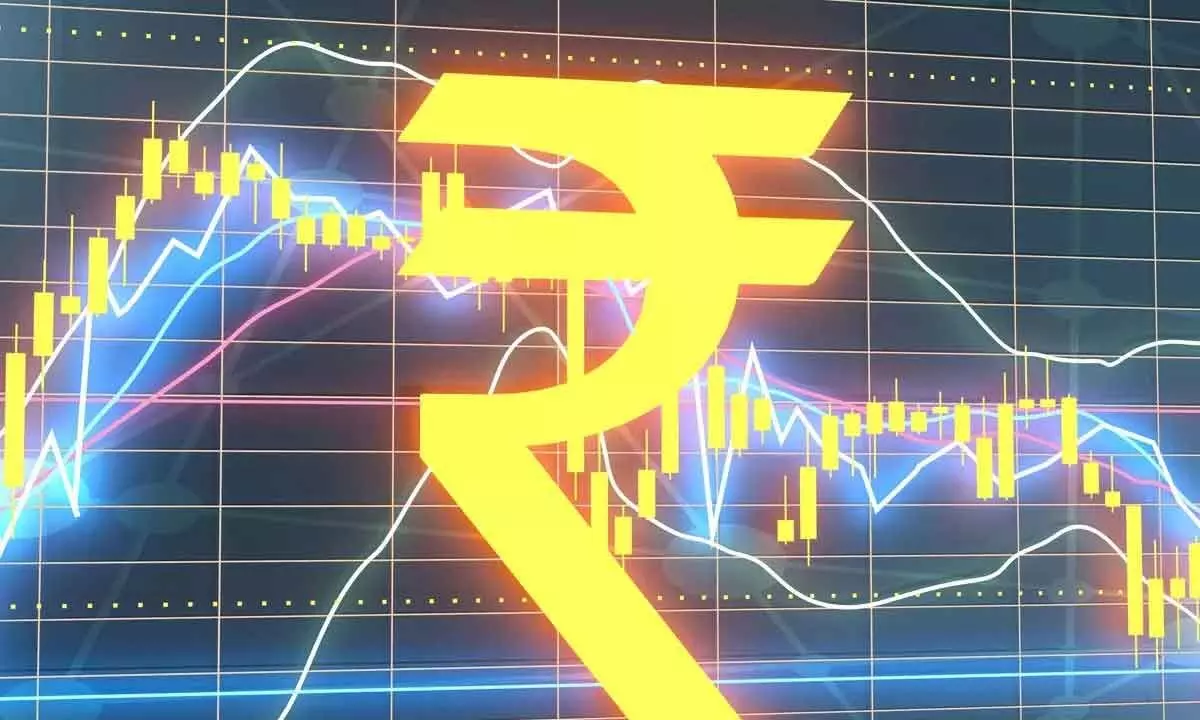'Freebies beyond fiscal limits not viable'
State governments should not dole out "non-merit freebies" such as gifts and consumer durables beyond their fiscal capabilities, according to former Niti Aayog Vice Chairman Rajiv Kumar.
image for illustrative purpose

New Delhi: State governments should not dole out "non-merit freebies" such as gifts and consumer durables beyond their fiscal capabilities, according to former Niti Aayog Vice Chairman Rajiv Kumar. Kumar noted that there is a difference between merit transfer payment and non-merit freebies, especially those which are done beyond the fiscal capability of any government. "Non-merit freebies which are the nature of giving out gifts, consumer durables ... those are to be looked at carefully and in any case should not be undertaken by the governments who have fiscal constraints," he said in an interview. Noting that in a democracy, transfer payments via the government through the instrument of taxation and distribution is always necessary, he said, "any transfer payments whose social rate of return is higher than any private rate of return, in other words which has positive externalities, is worth doing." On some politicians comparing the current economic situation of Sri Lanka with India, Kumar said, "any such comparison is simply unwarranted and mischievous to different levels." Sri Lanka is grappling with a severe economic crisis and India has been at the forefront of extending economic assistance to Sri Lanka.
According to Kumar, in the Nordic countries, the tax to GDP ratio is nearly 50 per cent because they spend lots of public money in providing public goods and services to the common person. "I think that is not something we should discuss or debate. "It is important to increase the quality and access of public goods and services for the common person, especially for those at the bottom of the pyramid," he said. Prime Minister Narendra Modi has in recent days hit out at the competitive populism of extending 'rewaris' (freebies) which are not just wastage of taxpayers' money but also an economic disaster that could hamper India's drive to become atmanirbhar (self-reliant).

